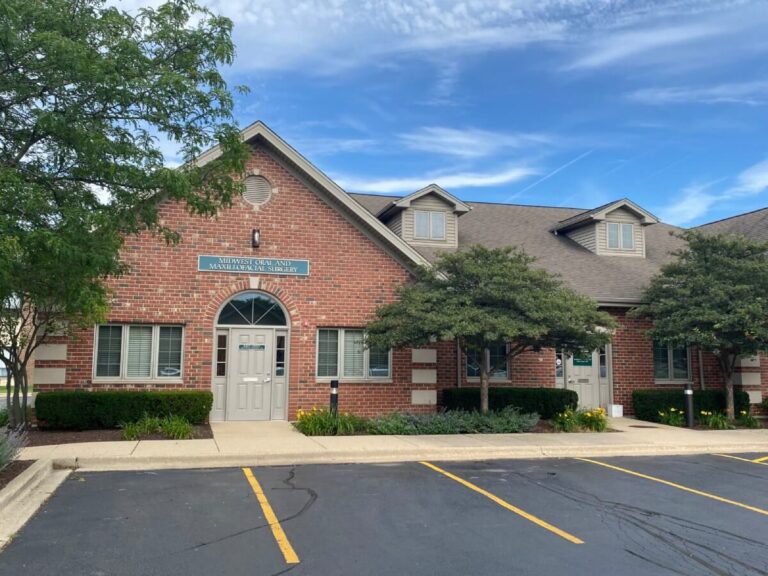Nerve repositioning is necessary when there isn’t enough bone height in the lower jaw to safely place dental implants without affecting the inferior alveolar nerve, which provides sensation to the lower lip and chin. This situation typically arises when teeth are missing in the area of the two back molars or second premolars. If the nerve is too close to where the implants need to be placed, it must be repositioned to avoid permanent nerve damage.
Nerve Repositioning
Nerve repositioning is a procedure that adjusts the inferior alveolar nerve to make room for dental implants in the lower jaw. Let us help you get implant-ready.
Nerve Repositioning for Dental Implants
Nerve repositioning is used to safely place dental implants in the lower jaw by temporarily moving the inferior alveolar nerve. During the procedure, we expose the nerve, place the implant, and then return the nerve to its original location. Although less aggressive options are often considered first, this procedure is sometimes the best choice. Postoperative numbness is common but typically improves over time. Bone grafting materials are often used to ensure a strong recovery and optimal bone support for your implants.
Call to Schedule01.
Process
During the procedure, the surgeon carefully exposes the area around the nerve and gently moves it to a new position, creating space for the implant. The nerve is then secured, and bone graft material may be used to support the area and aid in healing. Nerve repositioning is generally followed by a recovery period, during which the bone heals and integrates around the implants.
FAQ
-
When is nerve repositioning necessary for dental implants?
-
What are the benefits of nerve repositioning?
- Implant Placement: The procedure makes it possible to place dental implants where they otherwise couldn’t be inserted due to the nerve’s position.
- Restored Functionality: With successful implant placement, patients can restore full chewing function and maintain proper jaw alignment.
- Long-term Results: Once the implants are securely in place, they provide a durable and long-lasting solution for missing teeth, improving both appearance and oral health.
-
What are the risks of nerve repositioning?
- Numbness: Numbness in the lower lip, chin, or gums is common, as the nerve is being manipulated.
- Infection: As with any surgical procedure, there is a small risk of infection at the surgical site.
- Nerve Damage: There’s a chance of permanent nerve damage, which could lead to ongoing numbness or tingling.
- Healing Time: Recovery from nerve repositioning can be slow, especially when compared to less invasive options.

